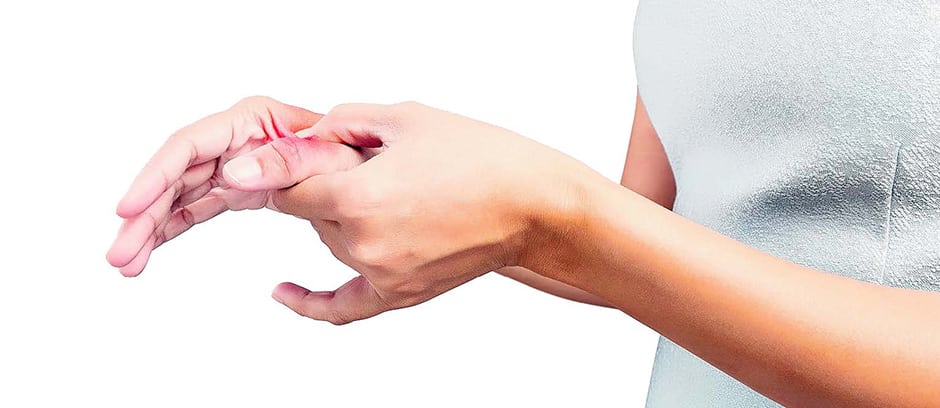
[This story was written by Michael Fonda, senior educator/community liaison with St. Peter’s Crime Victim Services.]
April is National Child Abuse Prevention Month. There is one simple way you can help protect your own children – teach them the anatomically correct names for their body parts.
“You want me to do WHAT with my child? Teach them the correct terms for their private parts? Like penis, vagina, breasts, and buttocks? But they’re just babies!” As uncomfortable as this may sound, naming private body parts accurately is very important to keeping your child safe.
Children are taught to identify toes, ears, fingers, nose, hands, etc. But when it comes to accurately naming their private parts many adults use playful, innocent names like “pocketbook,” “cookie,” “pee pee,” “gi-gi,” “jay-jay,” “doodle,” “tootsie roll” and so on. When we teach our kids about crossing the street we don’t say, “Watch out for a vroom vroom!” And we don’t refer to a rifle as a “bang-bang.” We say the actual names: car, truck, rifle, gun. Children need to know the dangers of these objects and eliminate any confusion about what we are talking about.
 Many experts note that teaching kids to use accurate words for their body parts teaches them they have ownership over their body. This provides a positive boost to their self-image, and increases their confidence.
Many experts note that teaching kids to use accurate words for their body parts teaches them they have ownership over their body. This provides a positive boost to their self-image, and increases their confidence.
Experts further state that slang can make your child think there is something shameful about their body and it is not to be talked about. Research has shown that predators rely on children feeling uncomfortable talking about their private parts and exploit that discomfort to gain the child’s trust. A child who can properly name their private parts is at a lower risk of being abused, is better equipped to report suspicious behavior, and is able to communicate more effectively if they are a victim of abuse.
St. Peter’s Crime Victim Services is the lead agency in the Capital Region for the Enough Abuse Campaign, a nationwide, grant-funded training program to prevent child sexual abuse. The program educates adults on preventing child abuse, including encouraging adults to use proper names for private parts. For more information, visit www.enoughabuse.org/.
Throughout April, St. Peter’s Crime Victim Services is hosting a variety of events including a virtual art gallery, education panels, and a virtual 5k. Learn more and register at sphp.com/crimevictimservices.
St. Peter’s Crime Victim Services offers free and confidential services to innocent survivors of crime. Available services include medical and legal advocacy, short-term counseling, therapy, and compensation assistance. For more information, please call 518-271-3410 or visit us at sphp.com/crimevictimservices. If you or someone you know has been the victim/survivor of a crime and needs to speak with someone outside of business hours, please contact our 24-hour hotline at 518-271-3257.





